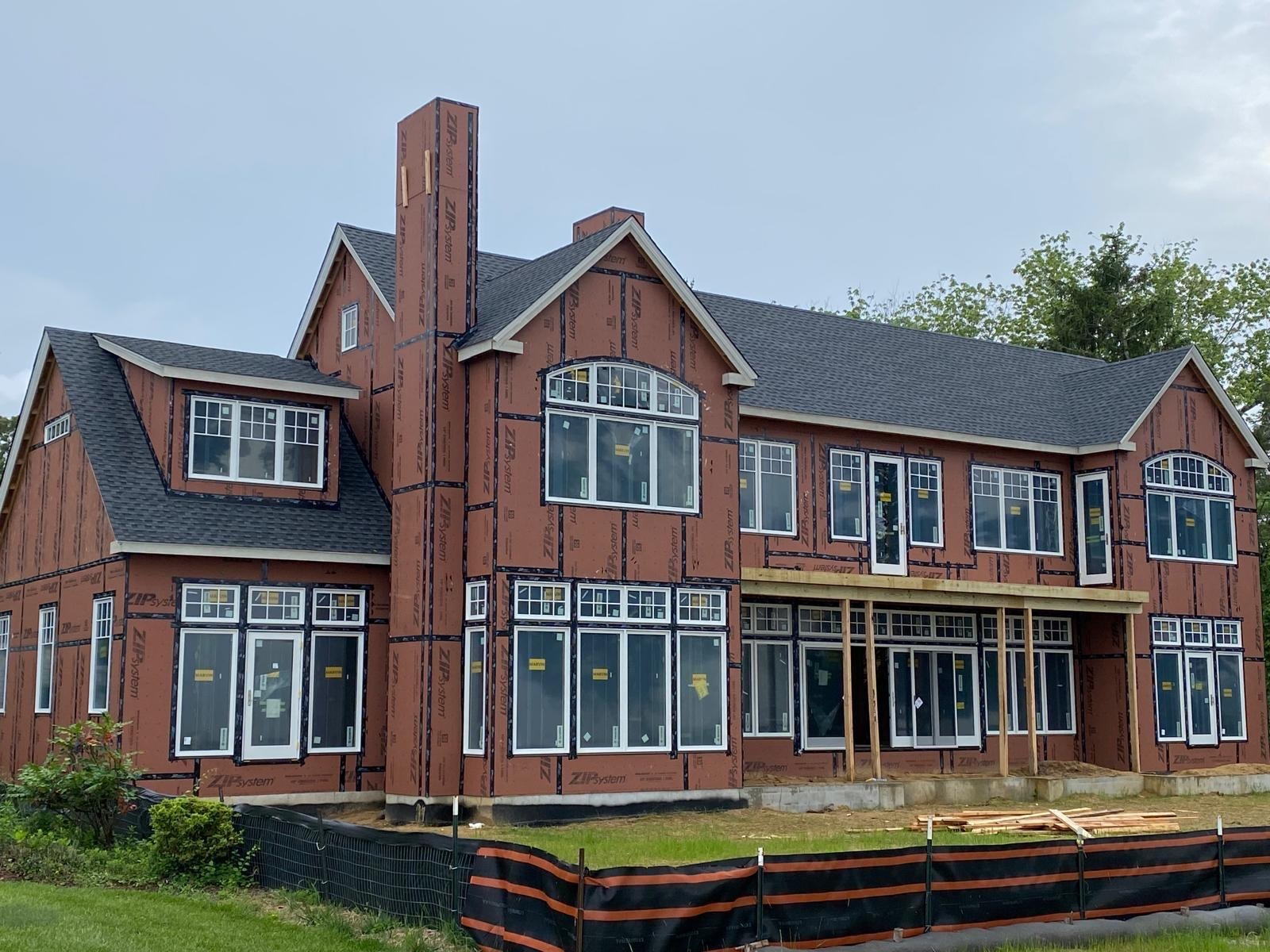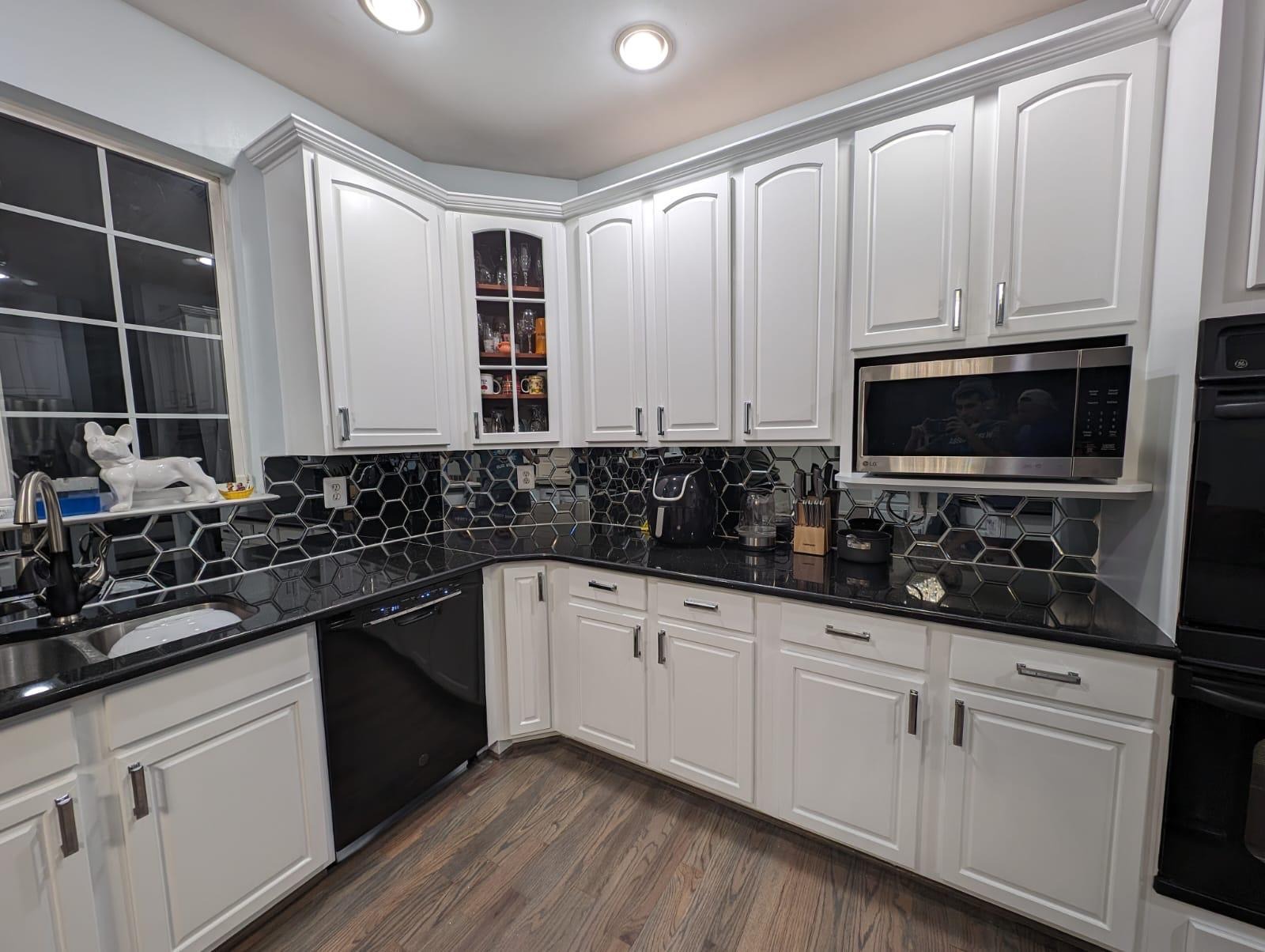Planning a Bathroom Renovation? Here’s What You Need to Know About Materials, Costs, and More
A bathroom renovation is one of the best ways to improve your home’s comfort, style, and resale value. Whether you’re dreaming of a modern spa-like retreat or simply want to update outdated finishes, remodeling your bathroom can dramatically improve your daily routine.
At FPG Construction, we’ve helped homeowners throughout Stafford, Virginia and the surrounding areas design and build bathrooms that are beautiful, functional, and built to last. In this blog, we’ll walk you through the basics of a bathroom renovation, including popular materials (and their pros and cons), and what you can expect when it comes to cost.
What’s Involved in a Bathroom Renovation?
A bathroom renovation can be as simple as replacing fixtures and tile, or as complex as reworking the entire layout. Common renovation elements include:
- Replacing the bathtub or shower
- Updating vanities, sinks, and faucets
- Installing new flooring or wall tile
- Improving lighting and ventilation
- Upgrading toilets or plumbing
- Adding storage, shelving, or built-ins
- Repainting or refinishing surfaces
"Whether you're doing a hall bath, powder room, or primary ensuite, FPG Construction can tailor the scope of the renovation to your budget and goals."
Popular Bathroom Materials (Pros & Cons)
When planning a bathroom renovation, choosing the right materials is key to achieving the perfect balance of style, function, and durability. Here are five of the most commonly used materials in bathroom remodels, along with a deeper look at their advantages and drawbacks.
1. Tile (Ceramic, Porcelain, and Natural Stone)
Pros:
- Extremely durable and resistant to water and stains when sealed properly
- Available in endless styles, colors, and textures
- Works well for flooring, shower walls, backsplashes, and accents
Cons:
- Can be cold and hard underfoot without radiant heating
- Grout requires periodic cleaning and sealing
- Natural stone can be porous and high-maintenance
Best for: Floors, showers, backsplashes, and feature walls.
2. Quartz Countertops
Quartz has become one of the most popular choices for bathroom vanities and countertops. It’s an engineered stone made from natural quartz and resins, offering both beauty and strength. Unlike natural stone, quartz is non-porous, meaning it resists stains and bacteria—ideal for a high-moisture environment.
Pros:
- Non-porous surface resists staining, mold, and bacteria
- Low maintenance—no sealing required
- Consistent appearance with a wide variety of color options
Cons:
- Higher price point than laminate or cultured marble
- May discolor with prolonged exposure to direct sunlight
- Can be heavy and may require reinforced cabinetry
Best for: Bathroom vanities, countertops, and floating sinks.
3. Luxury Vinyl Flooring (LVP or Sheet Vinyl)
Luxury vinyl plank (LVP) and sheet vinyl flooring have surged in popularity for bathroom applications. They offer the look of wood or stone at a more affordable price, and modern options are waterproof and scratch-resistant—ideal for families or rental properties.
Pros:
- Completely waterproof and highly durable
- Softer and warmer underfoot than tile
- Easy to install and maintain
Cons:
- Not as long-lasting as tile or stone
- Can dent or scratch with heavy furniture or sharp objects
- May not add as much resale value as higher-end materials
Best for: Bathroom floors in guest baths, powder rooms, or budget-conscious remodels.
4. Frameless Glass Shower Enclosures
A frameless glass shower enclosure adds a clean, high-end look that opens up your bathroom visually and helps natural light flow freely. These enclosures typically use thick tempered glass panels with minimal hardware for a modern, airy appearance.
Pros:
- Sleek, upscale aesthetic that enhances the entire bathroom
- Makes small bathrooms feel more open and spacious
- Easy to customize for walk-in or corner showers
Cons:
- More expensive than framed or curtain-style enclosures
- Requires regular cleaning to avoid water spots and soap scum
- Installation must be precise and may take longer
Best for: Master bathrooms or modern remodels focused on visual impact and openness.
5. Wood Vanities (Solid or Engineered)
Pros:
- Offers a timeless, high-end look in traditional and modern designs
- Available in custom sizes, finishes, and configurations
- Solid wood options can be refinished over time
Cons:
- Vulnerable to moisture damage without proper sealing
- Engineered wood may swell or warp in high-humidity areas
- More maintenance required compared to synthetic materials
Best for: Powder rooms, guest bathrooms, or well-ventilated master baths.
How Much Does a Bathroom Renovation Cost?
Bathroom remodel costs vary depending on size, material choices, and the extent of the work. Here’s a general breakdown of what homeowners in the Manassas, VA area can expect:
Project Scope
- Basic Refresh (paint, fixtures)
- Mid-Range Remodel (tile, vanity, plumbing upgrades)
- High-End Renovation (custom tile, layout changes, premium finishes)
Estimation
- $5,000 – $10,000
- $12,000 – $20,000
- $20,000 – $35,000+
These are general ranges. At FPG Construction, we offer transparent estimates and flexible design options to meet your needs and budget. We bring years of experience, clear communication, and top-quality craftsmanship to every project. When you work with FPG, you can expect:
- Licensed and insured work
- Creative design solutions
- Honest pricing with no surprises
- Respect for your space and timeline
- Locally trusted team based in Northern Virginia
From helping you choose the right tile to coordinating plumbers and electricians, we take the stress out of bathroom remodeling so you can focus on the fun part—watching your new space come to life. Let’s talk. Whether it’s a full-scale primary bath upgrade or a simple refresh, FPG Construction is ready to help. Schedule a free consultation with our team today and take the first step toward a better bathroom.



